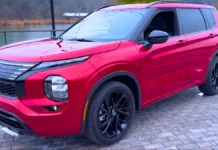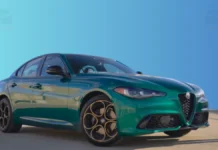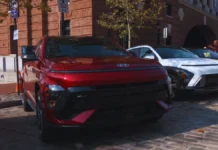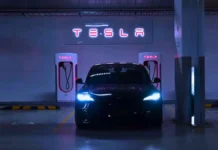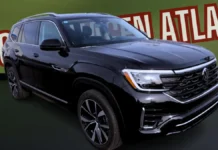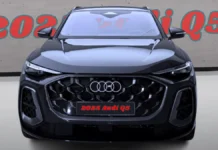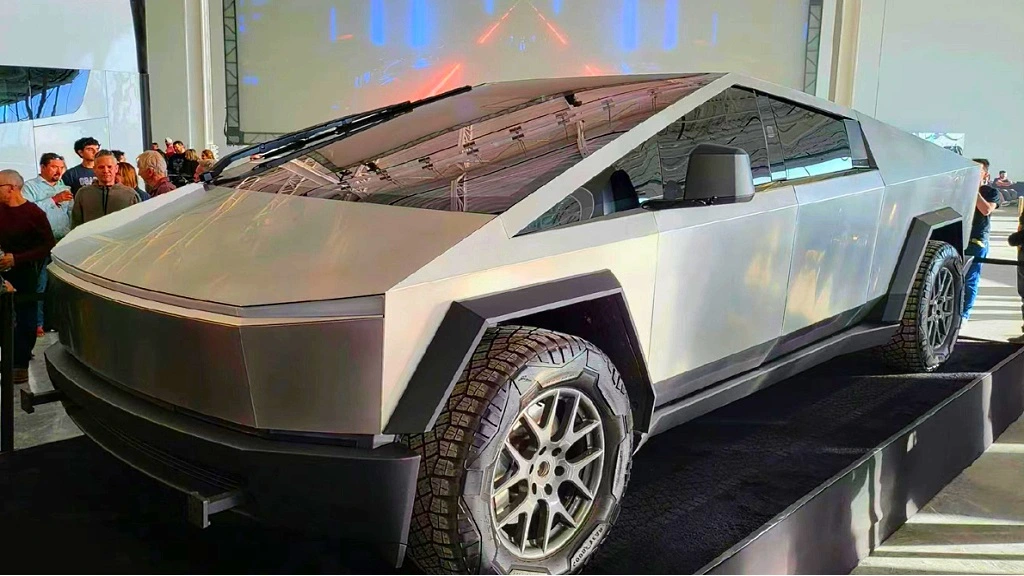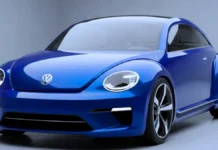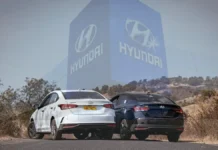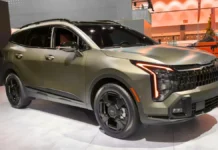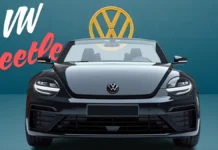A frustrated Tesla Cybertruck owner, who goes by the username Canyoncarver, is seriously contemplating legal action against the electric vehicle manufacturer after his brand-new Cybertruck broke down just minutes after delivery. The truck, which Canyoncarver had eagerly anticipated, developed issues immediately, requiring it to be returned to Tesla for service, leaving the owner without a functional vehicle for an extended period.
Immediate Issues with the Tesla Cybertruck
Canyoncarver’s experience began on a hopeful note, but his excitement quickly turned to disappointment when the new truck started making unusual noises shortly after he drove it off the lot. According to the owner, the vehicle’s condition worsened so rapidly that it had to be returned to Tesla’s service center just days after taking possession. As of now, the Cybertruck has been in the shop for over a week, with the owner only managing to drive it for a few minutes before it was deemed defective.
In a post on the Tesla Cybertruck Owners Club forum, Canyoncarver detailed his frustration with the situation, writing, “Upon driving away with my new Cybertruck, I noticed an unsettling noise that forced me to bring it in for repairs. Now, it’s been over a week, and I’m left without the truck I just purchased. What are my options?”
The owner also expressed concern about the potential future consequences of a lengthy repair process, suggesting that having a new vehicle partially disassembled to diagnose the issue could lead to even more problems. He raised the question of whether Tesla’s quality control process had failed, allowing a faulty vehicle to be delivered to a paying customer.
Seeking Legal Recourse
With the vehicle stuck in Tesla’s shop for what looks to be an extended period, Canyoncarver is now considering whether legal action is necessary. While some fellow Cybertruck owners on the forum suggested that such issues are not uncommon in the automotive industry, Canyoncarver remains deeply dissatisfied with the experience. He emphasized his belief that, as a loyal Tesla investor, he should not have to go through such a stressful situation.
His post continued, stating, “This is my third Tesla, and while I’ve encountered service issues before, this is beyond what I expected from a brand-new vehicle. I never imagined that my Cybertruck, a product of a company I support, would have this kind of problem.”
Many forum users advised Canyoncarver to explore his state’s “lemon law,” which offers protections to consumers whose vehicles are repeatedly serviced for the same issue. However, Canyoncarver is skeptical about his chances, noting that the law’s provisions often favor manufacturers and dealerships, giving them ample opportunity to avoid full responsibility.
“I believe this situation is far from normal, but unfortunately, my state’s lemon law offers little protection,” Canyoncarver wrote. “The problem with lemon laws is that they usually require a manufacturer to fail at fixing the same issue three times, and I don’t have the time or patience to wait for that to happen.”
A Divided Community
Although Canyoncarver has expressed his deep dissatisfaction, opinions within the Tesla Cybertruck owner community are divided. Some members sympathize with Canyoncarver’s predicament, recognizing that purchasing a brand-new vehicle should come with the expectation of reliability. They suggested that he continue to push Tesla for a full resolution, perhaps by demanding a replacement or seeking compensation for the inconvenience.
However, other users responded differently. One commenter pointed out that every automaker experiences quality control issues, and that, at least in this case, Canyoncarver had access to a loaner vehicle from Tesla while the repair was being handled. This commenter noted that issues with brand-new vehicles, especially those from innovative companies like Tesla, should be expected and that Canyoncarver might be overreacting.
“Most car companies have recalls or issues with new cars. I’ve had problems with brands like Mercedes, Audi, and Ford. If you don’t want to deal with vehicle issues, maybe riding a bicycle is a better option,” said one user named Vin from Princeton, New Jersey.
While some took a more sympathetic approach, others downplayed the severity of Canyoncarver’s complaint, suggesting that dealing with minor issues was simply part of the process of owning a car. Nevertheless, Canyoncarver is unconvinced by such comments, especially given his past experiences with Tesla and the apparent lack of immediate assistance from the company.
“I didn’t get a loaner until I complained multiple times,” Canyoncarver responded. “Tesla took apart a large portion of the truck, trying to find the source of the noise, and now they believe it’s something in the powertrain. My previous experiences with Tesla techs taking apart my cars and causing new issues have made me extremely wary. I don’t think I’ll be relaxing anytime soon.”
Why Legal Action Could Be on the Table in the Tesla Cybertruck Case
For Canyoncarver, the prospect of legal action is now becoming more realistic. He feels that Tesla’s handling of the situation has not only been frustrating but has also damaged his trust in the company. Although Tesla is known for its innovation and cutting-edge technology, incidents like this one could damage the brand’s reputation, particularly among its most loyal supporters.
“Tesla has always been a company that I believed in,” Canyoncarver explained. “But when you deliver a faulty product and then fail to properly address the issue, it’s hard to remain loyal. At this point, I feel like I’ve been taken advantage of.”
Canyoncarver’s situation highlights a larger issue that many customers face with Tesla and other automakers: the challenges of obtaining timely and effective customer service. As electric vehicles become more mainstream, it’s likely that more consumers will find themselves facing similar issues, making it even more important for automakers to prioritize quality control and customer support.
For now, Canyoncarver remains uncertain about the future of his Cybertruck and his relationship with Tesla. As he continues to wait for his truck to be repaired, he’s left with questions about whether the company’s customer service is up to par and whether legal action is the only way to get the resolution he deserves.
What’s Next for Tesla?
For Tesla, this situation serves as a reminder that even the most innovative companies can face challenges when it comes to quality control and customer satisfaction. While the company’s technology is groundbreaking, customer complaints like Canyoncarver’s could have long-term consequences for the brand’s reputation.
Tesla’s ability to resolve this issue quickly and effectively will likely determine how many other loyal customers continue to support the company moving forward. As more consumers begin to invest in electric vehicles, Tesla will need to ensure that its products meet the high expectations of their owners, both in terms of performance and customer service.

